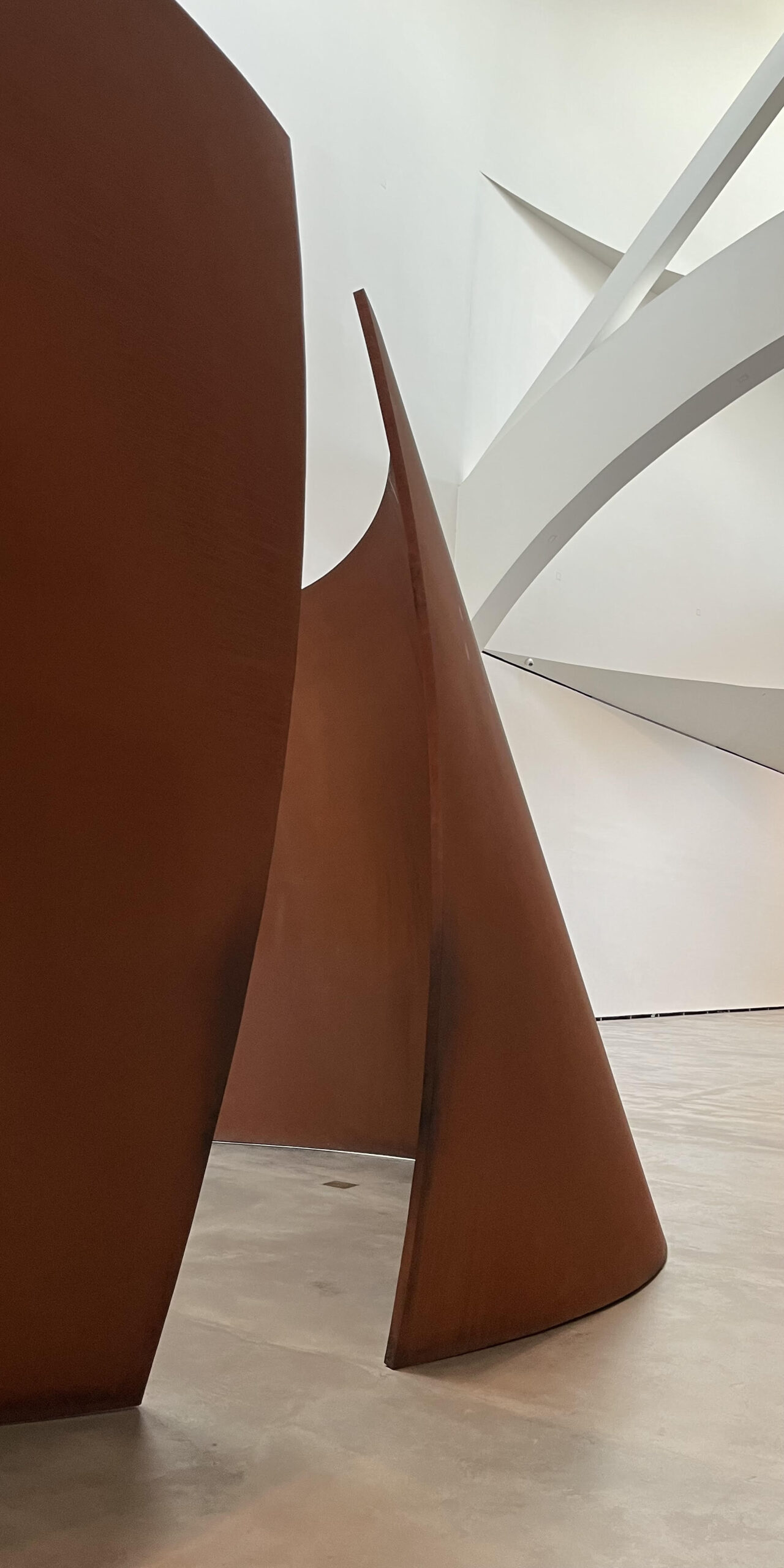
David Sax, in his recent book entitled The Future is Analog, cogently outlines the deep failures of the digital promise to improve and enrich our lives. He does not downplay the benefits of our digital future or suggest that we can keep our digital world from continued progress. What he does suggest is that the digital experience is currently not serving our deep needs — our need for human connection and sense of belonging, our need for complex, dynamic physical experiences. He demonstrates that so much of our digital experience is being driven by considerations other than human flourishing. Have you ever called a company for help and been subject to an AI customer service maze, or spent hours returning something you purchased online because it wasn’t what it appeared to be? Perhaps you were attacked or throttled on your social media account by a mysterious algorithm or unidentified “people” who don’t know and have never met you? Have you sat through endless Zoom meetings at work with little hope of accomplishing anything of substance? These are just a few common examples of how the digital world favors “efficiency” over making us feel more human.
I currently teach design courses online and regularly post my personal work online. I continue to struggle with these important issues. The digital experience cannot replicate or replace experiencing a great building or work of art first hand. A physical experience is immersive, holistic and complex. A physical experience involves all the senses in concert, while a computer screen or a pair of virtual reality goggles mutes much of that experience. For this reason, I have resisted turning my art into NFTs. In addition, when I post an essay online about a particular work, I never use an image that conveys the entire object or space I am writing about. I do this on purpose. I don’t want anyone to think the image or my words are a substitute for experiencing the work for oneself. I secretly hope that what I post online will encourage the truly curious to seek out the work or space and experience it for themselves. It is hard at times to understand the value of the physical world, partly because we never leave it and therefore rarely consider it — like the air we breathe. Interestingly, when we are forced into digital spaces that diminish our humanity, we begin to understand the importance of our physical world.
